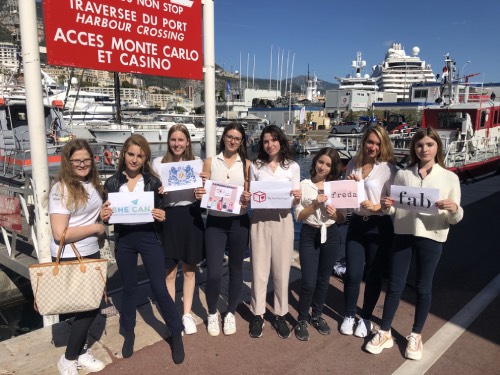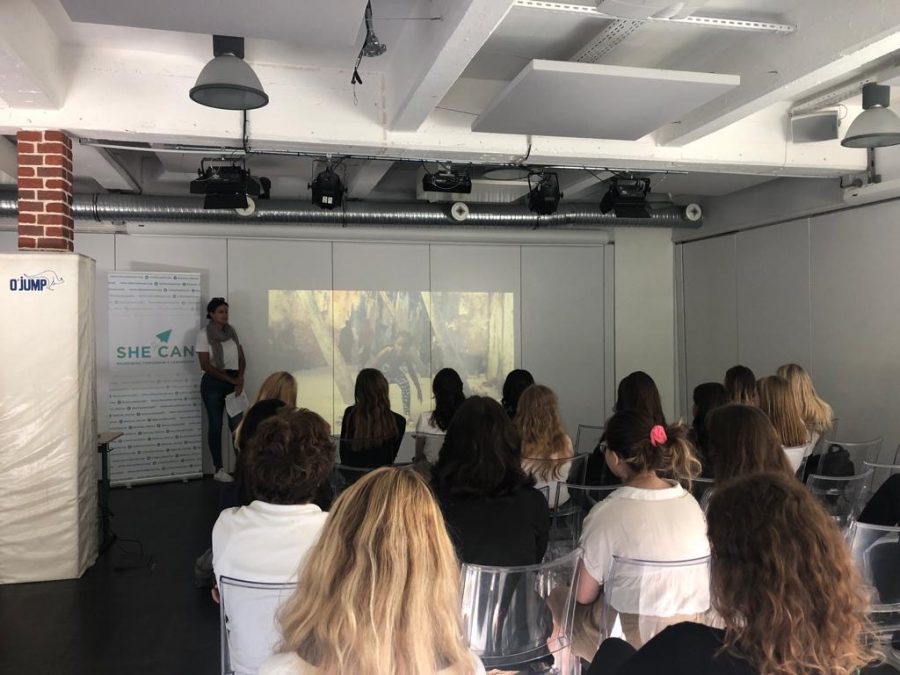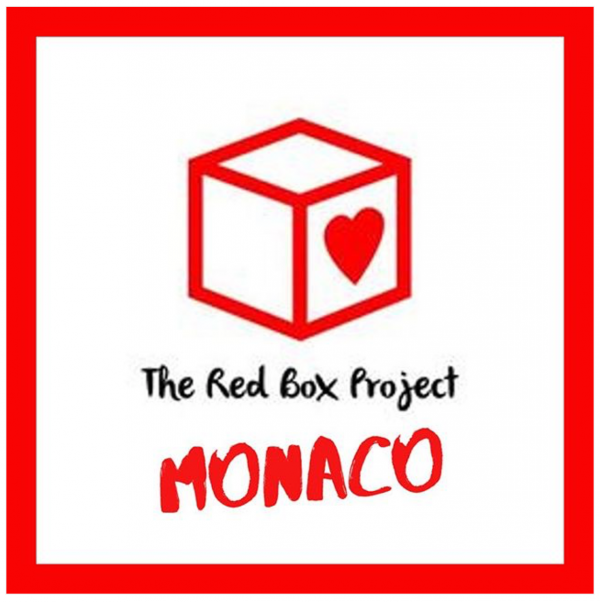Following the launch of SheCanHeCan’s Equality Pledge in September, an event that sought to increase awareness about our collective responsibility and ability to make gender equality a reality, their first mission to act on this national call for equality is to tackle period inequality in Monaco.
Project Manager Kasey Robinson’s pledge is to “end period inequality in Monaco and to make environmentally friendly products available to all women and menstruating individuals.”
Most commonly referred to as ‘period poverty’, this term refers to the global crisis still facing girls and women (including non-binary and trans individuals) who still struggle or are unable to access sanitary products.
According to Global Citizen, women and young girls who menstruate are ostracized from basic activities, like eating certain foods, or socializing, all over the world. The cultural shame attached to menstruation and a shortage of resources stop women from going to school and working every day. Period poverty is the lack of access to sanitary products, menstrual hygiene education, toilets, hand washing facilities, and/or waste management.
Period poverty is regularly represented as a problem in developing countries, however the issue has come to the forefront following recent legislative changes in the UK this year. It is estimated that, in the UK, 1/10 girls (1/7 in London – Plan International UK) cannot afford sanitary products. A number of UK-based NGOs such a free periods and The Red Box Project set out to change these statistics..
The Red Box Project was founded in 2017 by a group of friends who wanted to give local young people access to sanitary products after having learnt about ‘period poverty in the news. The first boxes were set up in Portsmouth. Since then, there have been over 5000 boxes provided to schools across the UK.
With the support of The Red Box Project SheCanHeCan is the first organisation to address the issue of period inequality in Monaco. The challenges are different and include a continued lack of access, social taboos and a lack of knowledge about menstrual hygiene in the Principality.
“Shockingly, even the most luxurious hotels and restaurants might only provide sanitary products upon demand. This inequality extends to the schools where these products are not made available in the students’ toilets,” says Kasey Robinson. “Installing a Red Box in the student toilets provides students with instant, shame free access to a range of period products, and a dignified and environmentally friendly way to dispose of them.”
The boxes at the International School will be filled with products from UK-based, women lead companies Freda and Fab Little Bag. Freda’s period products contain no chemicals and are made of 100% certified organic cotton and are biodegradable, hypoallergenic and free from chemicals and synthetic fibres and their pads contain 100% eco-friendly and renewable materials. Fab Little Bags are biodegradable period disposal bags, that open one-handed, they are a practical, environmentally friendly way to keep tampons out of the sewers, rivers and the ocean. They allow users to dispose of their products in a dignified way in the case of absence of a specific bin.
This initiative not only tackles the issues of period inequality but with the assistance of the SheCanHeCan Ambassadors uch as the International School of Monaco the project also teaches leadership and confidence skills, knowledge of women lead companies to young girls, an environmentally friendly approach to solving gender inequality issues and increased education on a global topic for all students. As Global Citizen also highlight, “young boys benefit from menstrual hygiene education, too. Educating girls and boys on menstruation at an early age at home and school promotes healthy habits and breaks stigmas around the natural process.”
Speaking about the project itself, SheCanHeCan International School of Monaco Ambassador/Project leader said: “Period inequality is a serious issue that has impacted, is impacting, or will impact all females [and menstruating individuals]. In many cases, the driving factors for this divide are social norms and the only way to combat these is to challenge ideas, mentalities, and prejudices. The Red Box Project allows us to do just that, by uprooting stereotypes and allowing girls and women to focus on their education instead of their period.”


